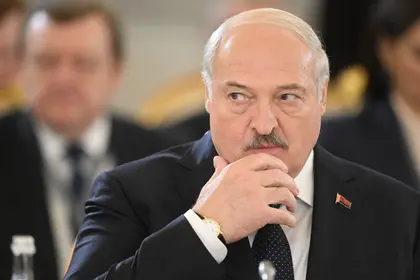A Georgian court in the town of Tetri Tskaro canceled results from 30 voting stations in Tetri Tskaro and Tsalka after the Oct. 26 parliamentary elections over concerns that the process violated voter confidentiality.
The Association of Young Lawyers of Georgia, which raised this issue, said that when people marked their choice on the ballot, the mark could be seen from the back, making it clear who they voted for. This meant others nearby could tell how someone voted, according to Radio Liberty’s Georgian Service.
JOIN US ON TELEGRAM
Follow our coverage of the war on the @Kyivpost_official.
Judge Vladimir Huchua confirmed that the voting system used at these polling stations violated the principle of voter confidentiality. The Central Election Commission (CEC) can still appeal this decision.
In an earlier court ruling, the Tbilisi City Court rejected a similar appeal where voters said their choices could be seen through the paper.
The ruling Georgian Dream party claimed victory in the recent elections, but opposition parties and observers alleged extensive violations, such as intimidation and vote-buying. Four main opposition parties are refusing to join the new parliament, calling for changes and fairness.
The EU and the US have called for an investigation into the election fraud claims.
Georgian President Salome Zourabichvili has also called on Western nations to pressure the ruling party to review the election results and uphold Georgia’s commitment to democratic principles.

Belarus Election Offers Lukashenko Versus No One Else
The Georgian Dream party denies any misconduct and accuses the opposition and NGOs of orchestrating a disinformation campaign.
Media reports recorded numerous incidents where Georgia, under the ruling Georgian Dream party, has helped Russia circumvent sanctions, and representatives of the Georgian authorities have often taken a pro-Kremlin position while assessing the war in Ukraine.
The ruling Georgian Dream party also used photos of Ukrainian cities destroyed by Russian bombing in its election campaign, arguing that it is necessary to maintain friendly relations with Russia despite the latter’s 2008 invasion, which to date continues to occupy a portion of Georgian territories.
These actions, along with systematic restrictions on citizens’ rights, have prompted the EU to suspend Georgia’s EU accession process indefinitely.
You can also highlight the text and press Ctrl + Enter










